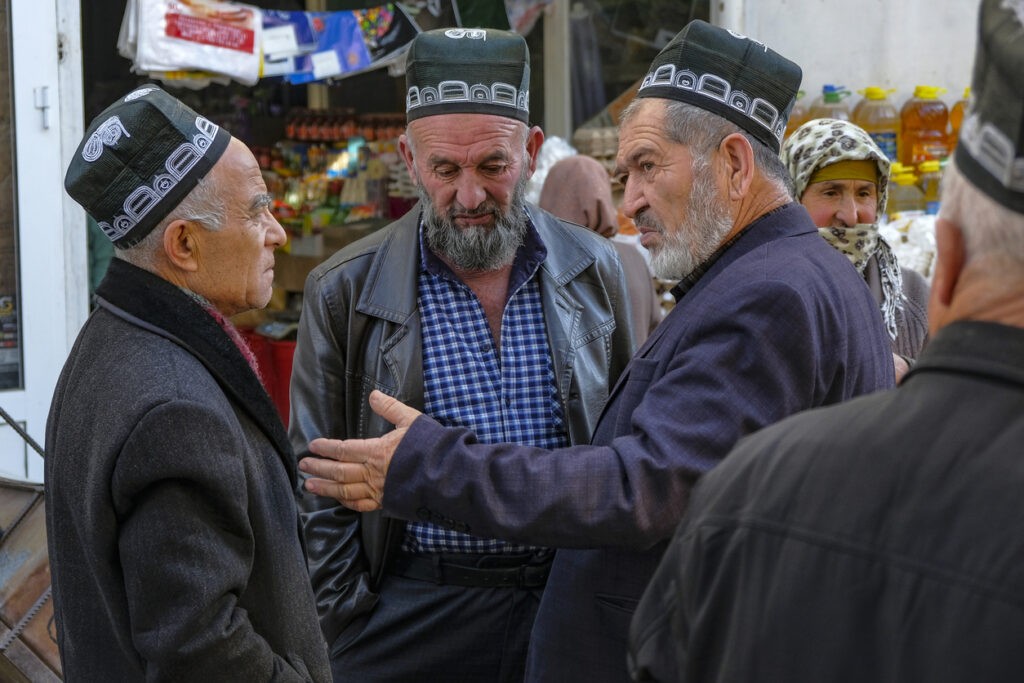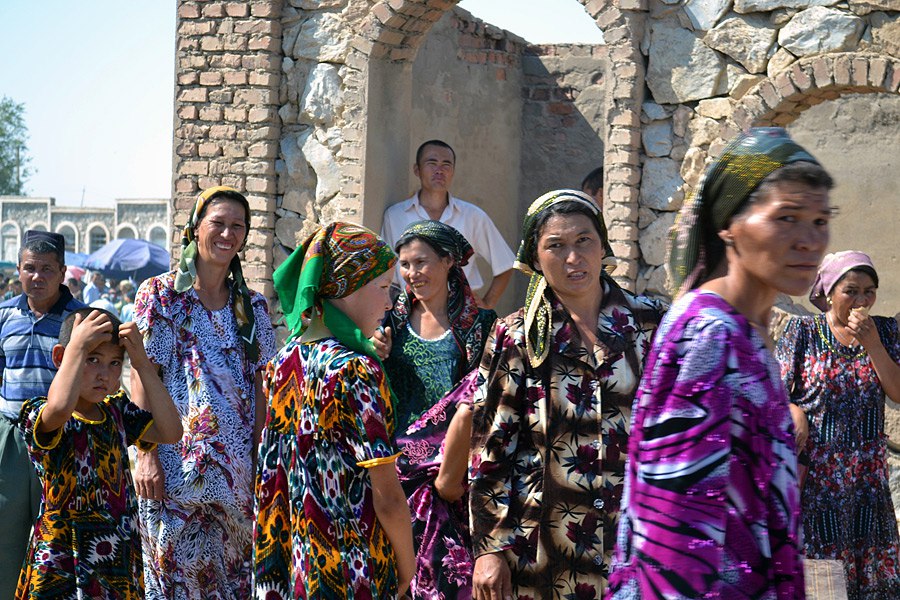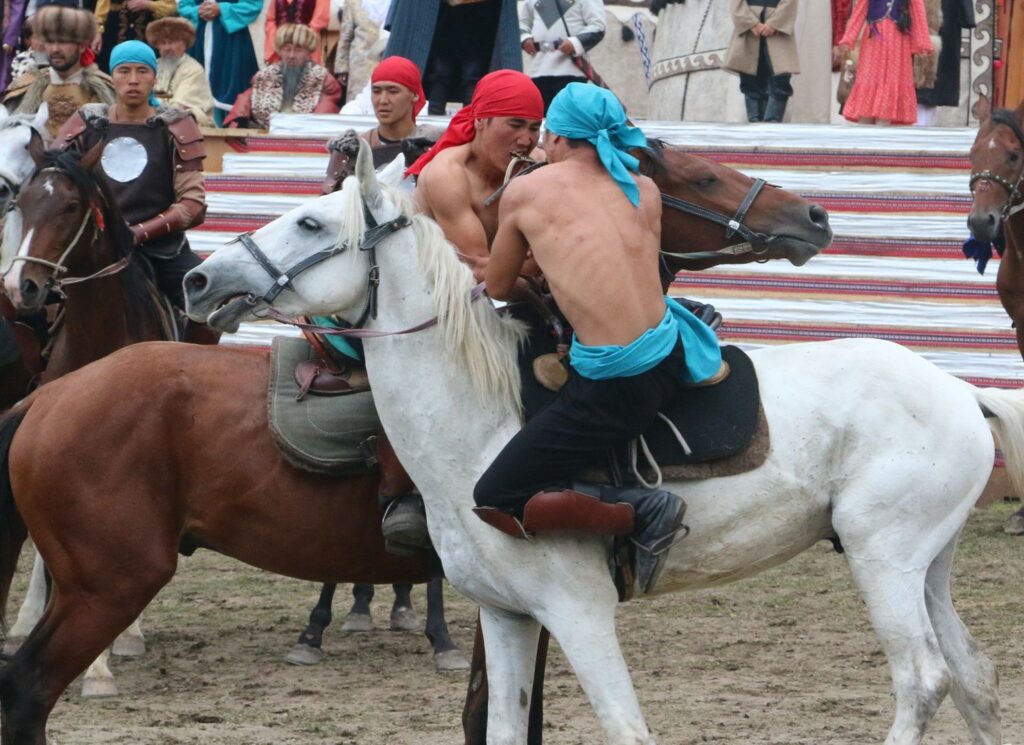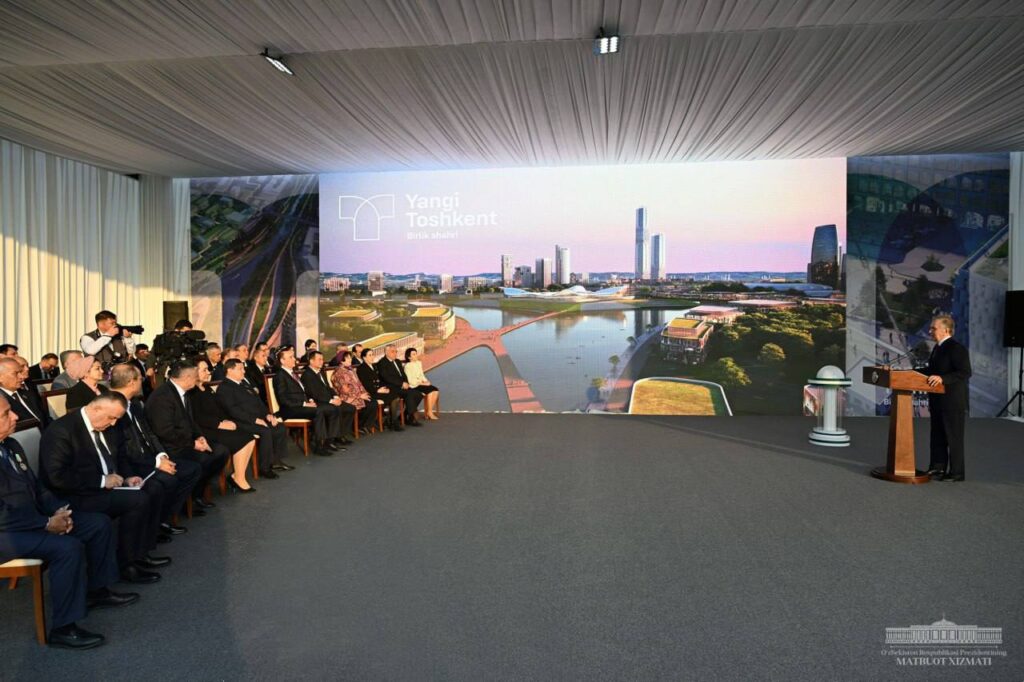Time Spent by Tajikistan Citizens Sleeping, Eating and Working
The results of a study on time-budgeting by citizens of Tajikistan, conducted with support from the World Bank, was recently published by the Statistical Agency under the President of Tajikistan,. According to data, the first of its type to be recorded in Tajikistan, the country's residents sleep for an average of 8 hours, read for 8 minutes, and work for only an hour each day. During the study, from 15 September to 15 December 2023, officials interviewed 13,150 people over the age of 10 years old. Sixty percent were women and 40 percent, men. The results were presented by gender, age, area of residence (urban/rural), level of education, and employment status. As such, the data provides a broad source of information for analysis in areas including general labour productivity, women's labour and their contribution to the economy, the construction of the system of national accounts, and the organization and conduct of leisure activities as an indicator of well-being. Results showed that on any given day, Tajikistan's population aged 10 and over, spends 12 hours and 53 minutes on personal care, or 53.7 percent of their day. Of this, 8 hours and 26 minutes are spent sleeping, 2 hours and 43 minutes eating, and 1 hour and 43 minutes on personal hygiene and grooming. The second highest daily time-consuming activity, averaging 4 hours and 4 minutes, is housekeeping. Perhaps not surprisingly, women spend 5 hours and 16 minutes a day on housekeeping, and men, just 2 hours and 35 minutes. One hour 37 minutes or 6.8% of the day is occupied on media consumption. Every day, citizens watch TV for around 1 hour 22 minutes but only 8 minutes reading books. The third most popular daily activity involved communication and leisure, at 1 hour 20 minutes. Work took fifth place, with an average of 1 hour 17 minutes per day. Education took up 48 minutes a day, while daily engagement in sports and active leisure pursuits remains lower still at 12 minutes a day.






